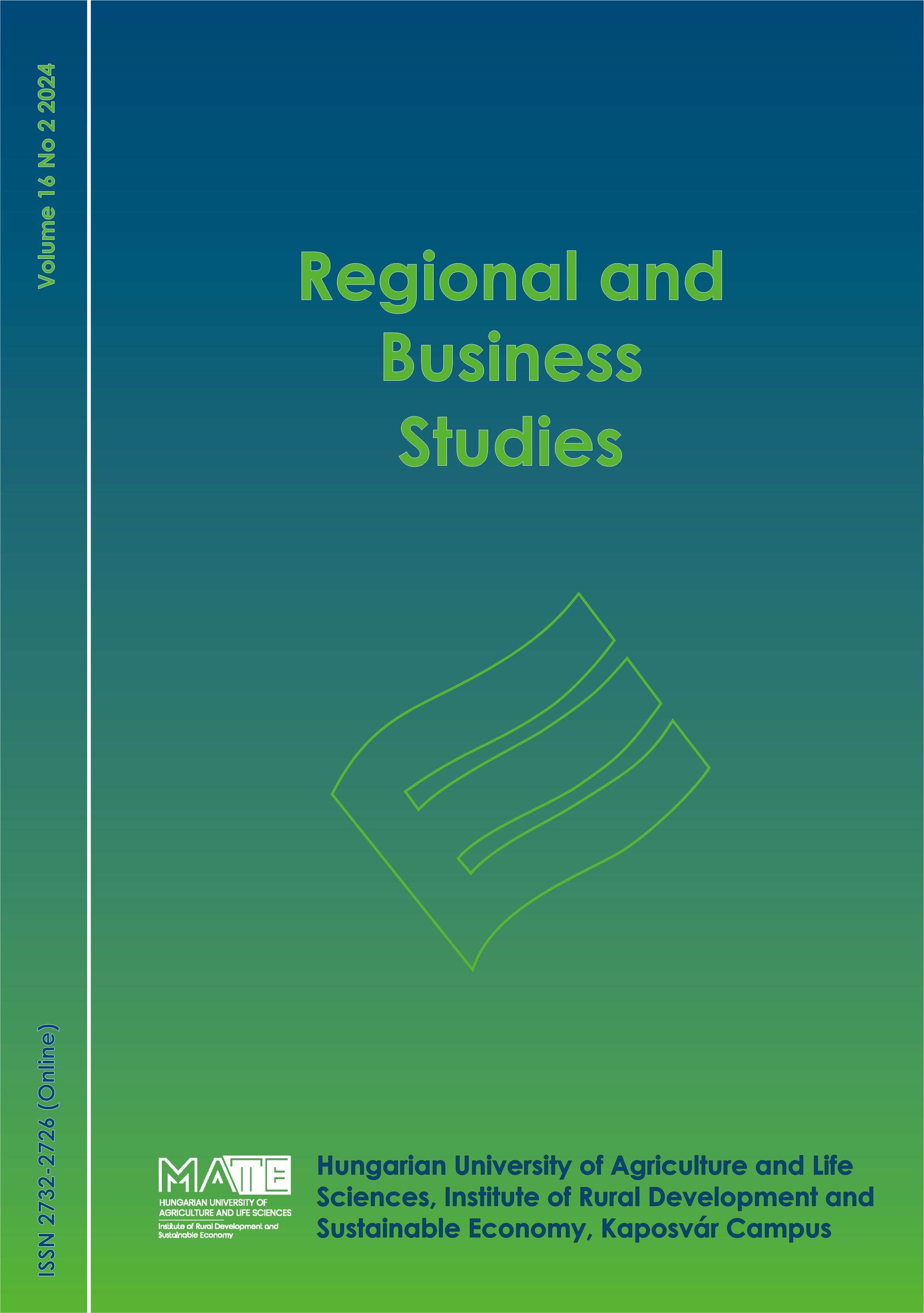Transformation of South Africa's Townships
TBL Initiatives and the Future of Social Housing
DOI:
https://doi.org/10.33568/rbs.4826Keywords:
social housing, Triple Bottom Line (TBL), township communities, spatial planning, sustainabilityAbstract
This literature paper examines the dynamics of the „Transformation of South Africa's Townships: TBL Initiatives and the Future of Social Housing.” Rooted in the historical echoes of apartheid, the examination extends to post-apartheid social housing activities, notably the Reconstruction Development Programme (RDP) initiated in 2004. At its core lies the incorporation of Triple Bottom Line (TBL) principles, emphasizing environmental, social, and economic sustainability. The study's objectives encompass evaluating TBL integration, measuring its impact on resident well-being, and dissecting associated challenges. Hypotheses suggest positive outcomes on resident quality of life, long-term sustainability, and resilience with TBL incorporation. The review traverses historical complexities, the transformative role of TBL, and a comparative analysis of global social housing initiatives, drawing insights from Singapore, Sweden, Brazil, and localized projects. Theoretical frameworks guiding TBL in social housing, coupled with practical case studies, shed light on the tangible application of these principles. In conclusion, the synthesis advocates for evidence-based policies, urging the holistic development of thriving, resilient communities in South African townships.
References
Bvuma, S., & Marnewick, C. (2020). Sustainable livelihoods of township small, medium and micro enterprises towards growth and development. Sustainability, 12(8), 3149. https://doi.org/10.3390/su12083149
European Commission (n.d.). What is sustainable development. https://policy.trade.ec.europa.eu/development-and-sustainability/sustainable-development_en
Hall, T., & Vidén, S. (2005). The Million Homes Programme: a review of the great Swedish planning project. Planning Perspectives, 20(3), 301–328. https://doi.org/10.1080/02665430500130233
Hamilton, K., & Clemens, M. (1999). Genuine Savings Rates in Developing Countries. World Bank Economic Review, 13(2), 333–356. https://doi.org/10.1093/wber/13.2.333
Haqi, F. I. (2016). Sustainable Urban Development and Social Sustainability in the Urban Context. EMARA: Indonesian Journal of Architecture, 2(1), 21–26. https://doi.org/10.29080/emara.v2i1.15
Jürgens, U., Donaldson, R., Rule, S., & Bähr, J. (2013). Townships in South African cities–literature review and research perspectives. Habitat International, 39, 256-260. https://doi.org/10.1016/j.habitatint.2012.10.011
Massey, R. (2020). Urban Renewal in South African Cities. In Massey, R., Gunter, A. (eds.) Urban Geography in South Africa. (pp. 265-282). Springer, Cham. https://doi.org/10.1007/978-3-030-25369-1_17
Mayekiso, M. (2023). Township politics: Civic struggles for a new South Africa. UJ Press.
Monama S. A., Mokoele N. J., & Mokgotho K. D. (2022). South African spatial planning fragmentation: repealing the apartheid planning imprint. International Journal of Entrepreneurship, 26(S1), 1-11.
Monteiro, J., Sousa, N., Coutinho-Rodrigues, J., & Natividade-Jesus, E. (2024). Challenges Ahead for Sustainable Cities: An Urban Form and Transport System Review. Energies, 17(2), 409. https://doi.org/10.3390/en17020409
Moon, J. (2007). The Contribution of Corporate Social Responsibility to Sustainable Development. Sustainable Development, 15(5), 296-306. https://doi.org/10.1002/sd.346
Housing Development Agency (2021). N2 Gateway Project. https://thehda.co.za/index.php/projects/n2-gateway
Nzau, B., & Trillo, C. (2020). Affordable housing provision in informal settlements through land value capture and inclusionary housing. Sustainability, 12(15), 5975. https://doi.org/10.3390/su12155975
Slaper, T. F., & Hall, T. J. (2011). The Triple Bottom Line: What Is It and How Does It Work? Indiana Business Review, 86(1), 4-8.
Downloads
Published
Issue
Section
License
Copyright (c) 2024 Mzuchumile Makalima

This work is licensed under a Creative Commons Attribution-NonCommercial-NoDerivatives 4.0 International License.





